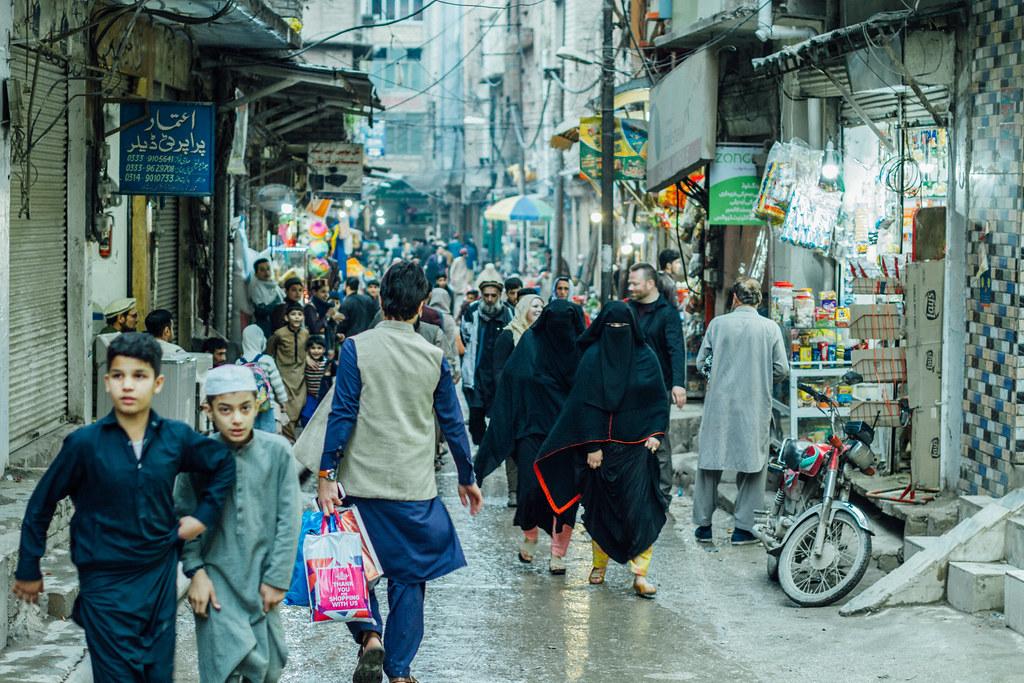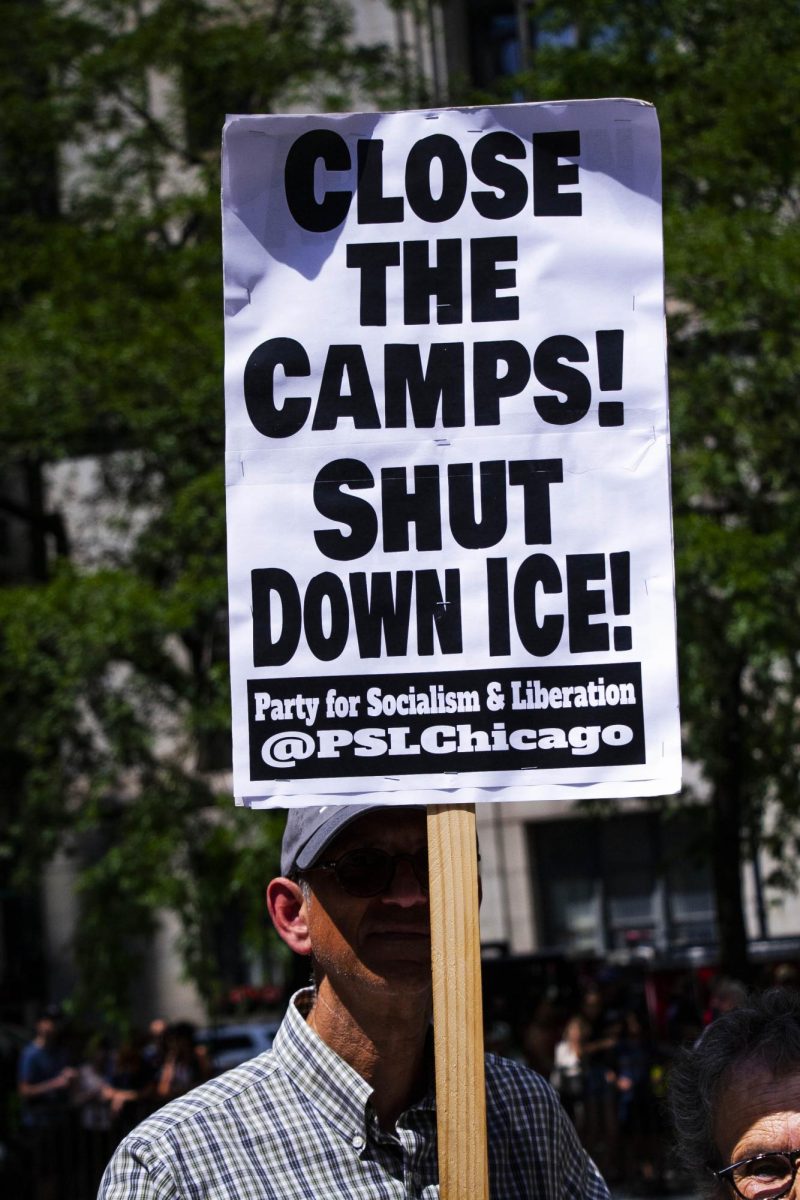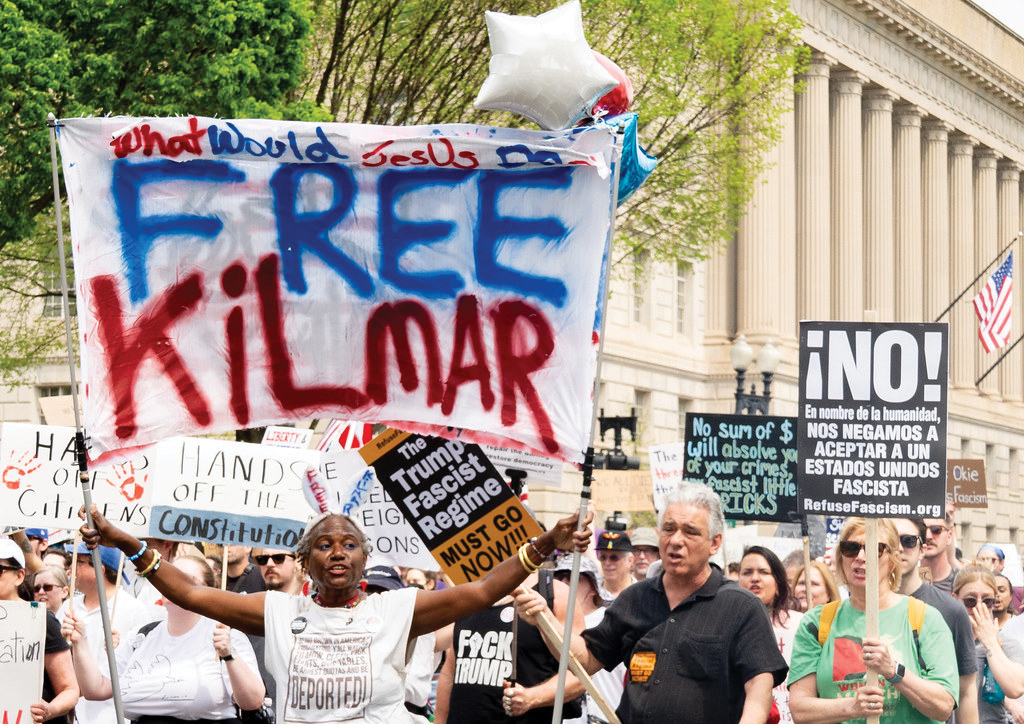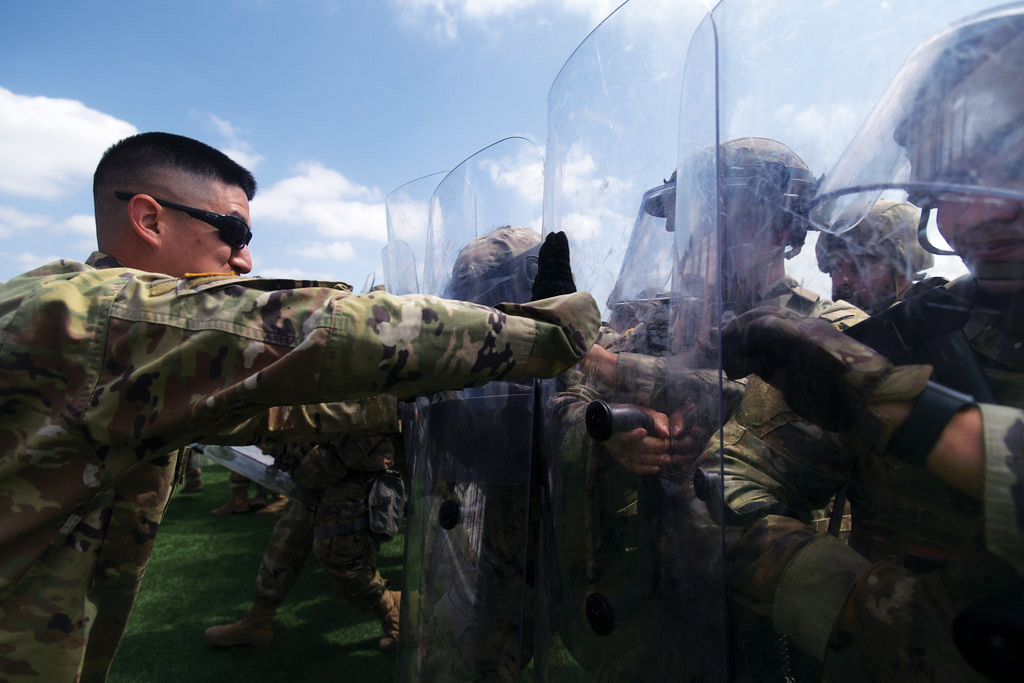— Photo from Creative Commons —
On Monday, Jan. 30, a suicide bomber disguised as a police officer set ablaze a crowded mosque in a highly fortified police compound in Peshawar, Pakistan, during noon prayers. Monday’s bombing has been declared the deadliest in a decade to hit Peshawar. As of Feb. 2, the blast killed more than 80 people and injured 217. Moazzam Jah Ansari, police chief of Pakistan’s Khyber Pakhtunkhwa province, clarified that the previously reported death toll of 100 was due to some bodies being counted twice.
Naib Rehman, a 44-year-old survivor of the attack who works in the telecommunications department for the police, told Al Jazeera, “I was standing with my friends when the blast threw us away, and just as we tried to get our bearings, within a few seconds, the entire roof collapsed.” He was brought to Peshawar’s main hospital, Lady Reading, along with many other wounded victims.
There has been speculation as to how the bomber was able to get past the military and police checkpoints leading into the Police Lines district, a self-contained encampment in the heart of Peshawar city that houses middle- and lower-ranking police officers and their families.
Ansari stated that there was CCTV footage showing the bomber, in police uniform, asking for directions to the mosque at a police checkpoint on a scooter and being subsequently let through.
Peshawar has had an increased number of attacks on its police force by the Pakistani Taliban group, Tehreek-e-Taliban (TTP), as part of its campaign against the government. TTP was formed in 2007 by a group of militant networks united by a desire to oppose the Pakistani military. More than 90 percent of those who died in the Monday attack worked for the police. There are no definitive reports that TTP is responsible for the Jan. 30 attack, as they have claimed and denied responsibility for the attacks.
First, Sarbakaf Mohmand and Omar Mukaram Khurasani, top commanders of the TTP militant group, stated the attack was “revenge” for the murder of TTP militant Khalid Khorasani last year. Contrary, Muhammad Khorasan, TTP’s leading spokesperson, later denied the group’s involvement.
The mosque attack is at least the third disaster in Pakistan since Sunday, Jan.29: A bus crash killed more than 40 people in the southern province of Baluchistan and at least ten students were killed when their boat capsized on a lake in Khyber Pakhtunkhwa province. These disasters have spread police and military forces thin. Counter-terrorism and intelligence officials are working to identify the bomber and their co-conspirators.






